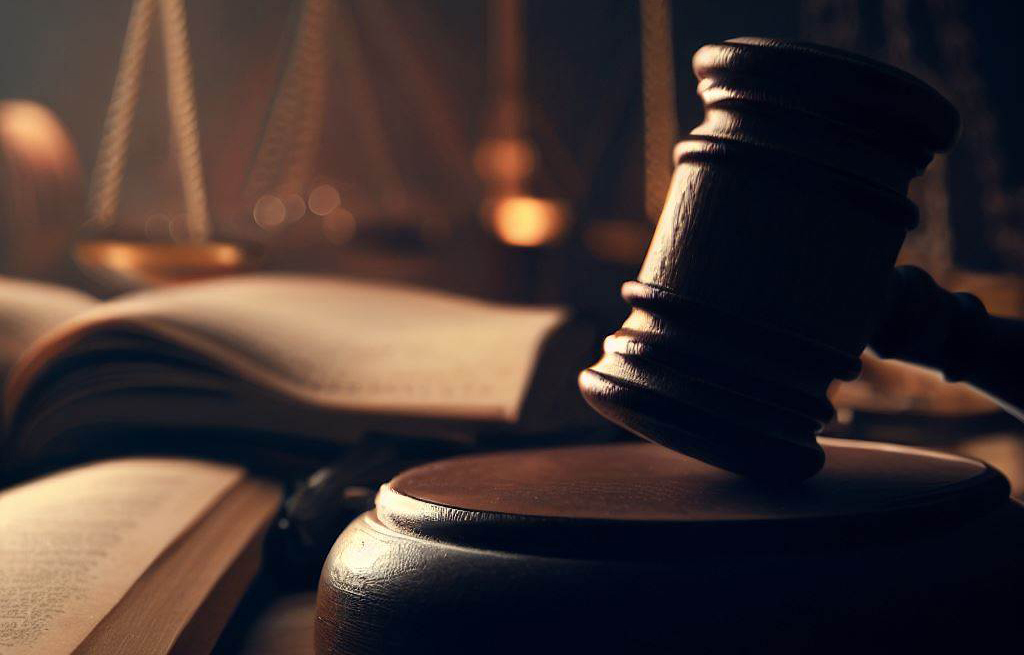
How to resolve property dispute between me and my brother in Indore?
Resolving a property dispute in India, specifically in Indore, is a complex legal process that involves several steps. This is a question asked by one of my client. As a lawyer, I would advise your client on the following key steps to address such a dispute:
1. Consultation with a Lawyer:
The first step is to consult with a qualified lawyer in Indore who specializes in property and real estate matters. This initial consultation is crucial for understanding the legal aspects of the case and getting legal advice tailored to your specific situation.
2. Legal Due Diligence:
Your lawyer will conduct a thorough examination of all property documents, such as titles, deeds, and records. This is essential to establish the legal ownership of the property and identify any discrepancies.
3. Mediation and Negotiation:
Many property disputes can be resolved through mediation and negotiation. Your lawyer can engage with your brother’s legal representative to explore the possibility of an amicable settlement. Mediation is a cost-effective and less adversarial option.
4. Filing a Lawsuit:
If mediation fails or is not feasible, your lawyer can assist in filing a lawsuit in the appropriate court in Indore. The court’s jurisdiction depends on the nature and value of the dispute. Your lawyer will draft a comprehensive complaint outlining your legal claims.
5. Gathering Evidence:
During the litigation process, both parties will be required to present evidence supporting their claims. This may involve collecting documents, witness testimonies, and expert opinions to strengthen your case.
6. Court Hearings and Proceedings:
Your lawyer will represent you in court and attend hearings on your behalf. It’s important to follow court procedures and deadlines meticulously.
7. Court-Ordered Mediation or Arbitration:
In some cases, the court may order mediation or arbitration to explore settlement options. This can be a more formalized process, guided by a neutral third party.
8. Judgment and Execution:
If the court reaches a decision, a judgment will be issued. Your lawyer will help you understand the judgment and the steps required for execution, which may include transferring property ownership or monetary compensation.
9. Appeals (if necessary):
If either party is dissatisfied with the court’s decision, they may choose to appeal to a higher court. Your lawyer will advise you on the feasibility and process of filing an appeal.
10. Alternative Dispute Resolution (ADR):
In addition to mediation and arbitration, ADR methods like conciliation and settlement conferences can be explored. These can be less time-consuming and more cost-effective than full-scale litigation.
It’s important to remember that property disputes in Indore can be protracted and involve various legal intricacies. It’s advisable to have a skilled civil lawyer in Indore by your side to guide you through the process and ensure that your rights and interests are protected. Legal proceedings can be time-consuming and costly, so exploring amicable solutions through mediation or negotiation is often recommended before resorting to litigation.
Adcocate J.S. Rohilla (Civil & Criminal Lawyer in Indore)
Contact: 88271 22304
